How do you deal with past traumas that get triggered in your daily life? Are you unsure why certain interactions in your current relationship get you so upset?
In this podcast, trauma legend Dr. Peter Levine joins me in a discussion where we dive deep into how his somatic experiencing (SE) method helps with the healing of trauma and other physiological and stress disorders.
If you are a therapist or coach, Dr. Peter Levine gives valuable advice on how to be present in ourselves before we work with clients.
What is somatic experiencing?
Somatic experiencing is a body-oriented and neurobiological approach developed by Dr. Peter Levine that addresses the effects of trauma.
According to Dr. Peter Levine, “Trauma is a fact of life. It does not, however, have to be a life sentence.” Now that we know that everyone has experienced trauma at one point in our lives, you do not have to suffer forever.
The goal of somatic experiencing is to help you get out of that dark place when you feel “stuck” in processing past traumatic experiences.
So, whenever you get triggered by past trauma it sends shock waves, flashbacks, or tension throughout your nervous system and somatic experiencing helps you become aware of all these bodily sensations and work through them, instead of reacting negatively in a state of fear or panic.
What does somatic experiencing treat?
Somatic experiencing treats the connection between the mind and bodily sensations by addressing the following mental health issues and emotional responses that cause physical and psychological triggers:
- Anxiety
- Anger
- Depression
- Grief
- Guilt
- PTSD
- Shame
- Stress
- Trauma
The idea behind the somatic experiencing method is that healing traumatic experiences can also heal emotional distress and physical symptoms brought on by trauma.
Here is a scenario. A veteran who served in the war comes back home and suffers from Post-Traumatic Stress Disorder (PTSD). Whenever he gets flashbacks or nightmares about a particular event that traumatized him during the war, he experiences the following physical symptoms:
- Change of appetite
- Chronic pain
- Heart palpitations
- Headaches
- Digestive problems
- Muscle tension
- Sexual dysfunction
- Sleep problems
Once the veteran attends somatic therapy sessions, the goal is to treat his PTSD and over time his physical symptoms should disappear. So how does somatic experiencing work? Let’s take a look at titration and pendulation.
What is titration?
Titration is when the somatic therapist starts a slow process where they observe the patient’s response and bodily sensations as they revisit the traumatic event.
During this time, the process of titration lets the patient come to terms with the traumatic event and allows them to gradually become less affected by the trauma.
The somatic therapist then records your physical responses as you build up tolerance towards the traumatic memories. Some physical sensations the somatic therapist is observing are:
- Breathing changes
- Dizziness
- Changes in the tone of voice
- Clenched hands
- Hot or cold sensations
- Numbness
- Stomach pain
- Tearfulness
- Shivering
- Sweating
Once the somatic therapist records the physical responses of the patient, pendulation comes next.
What is pendulation?
These physical responses are important for the patient and somatic therapist to work on as it is considered a release of energy trapped in the patient’s body.
Pendulation is when the somatic therapist helps the patient to self-regulate and alternate between the physical and bodily sensations linked with the trauma and move you to a calmer state where you feel safe.
The somatic therapist might guide the patient to use a certain breathing exercise to help process and release the trauma.
If you want to learn more about relationships go to http://relationshipschool.com/training.
Shownotes:
- 2:35 Introduction Peter Levine
- 6:30 What differentiates people who can overcome trauma and find meaning on it
- 15:55 Practical tools you can use to help others and yourself to heal trauma
- 26:35 The importance of listening to your body
- 33:15 Being present and experiencing emotions as passive observers
- 46:20 The relation between trauma and feeling angry
- 49:40 Are past generations stronger than new ones?
- 52:35 Recreating traumas as a way to heal them
- 1:02:05 Action step
Useful Links:
- https://relationshipschool.com/training
- https://www.psychotherapynetworker.org/blog/details/1024/video-peter-levines-secret-to-releasing-trauma-from
- Books: https://www.somaticexperiencing.com/se-books
- Ergos Institute (his primary company now): SE student Master Classes, Public Courses, and FREE SE resources: https://www.somaticexperiencing.com/ergos
- Somatic Experiencing Institute: 8-module Professional SE training, Intro to SE, and educational webinars: https://www.somaticexperiencing.com/se-trauma-institute
 Peter Levine, PhD, is a psychologist, researcher, and former stress consultant with NASA. He specializes in working with trauma and stress-related disorders.
Peter Levine, PhD, is a psychologist, researcher, and former stress consultant with NASA. He specializes in working with trauma and stress-related disorders.
Peter developed Somatic Experiencing, a body-oriented approach to treating trauma which focuses on processing traumatic memory, calming the nervous system, and releasing traumatic shock from the body. The approach was inspired by Peter’s observation of trauma recovery behaviors in nature.
He is the author of several books on the treatment of trauma, including Waking the Tiger and In an Unspoken Voice.




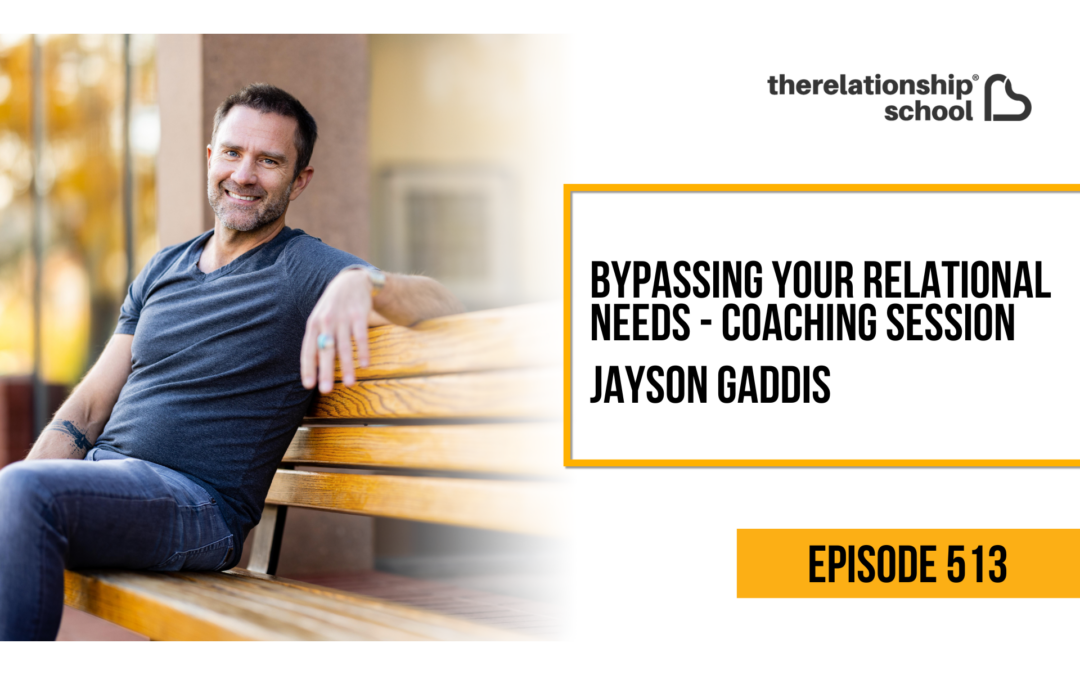
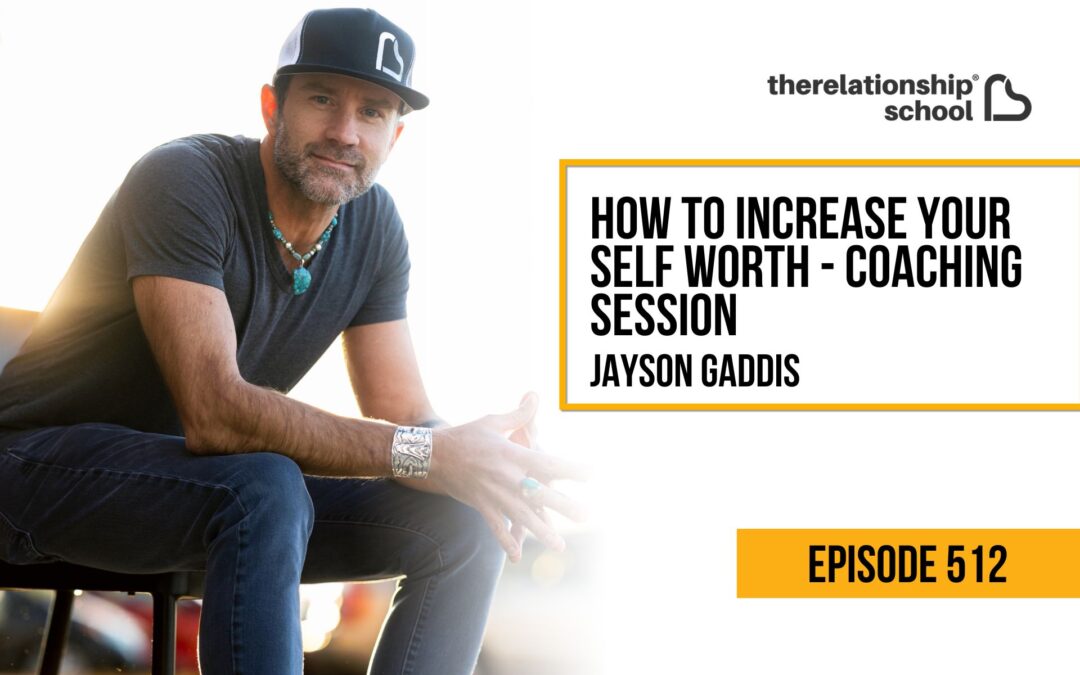
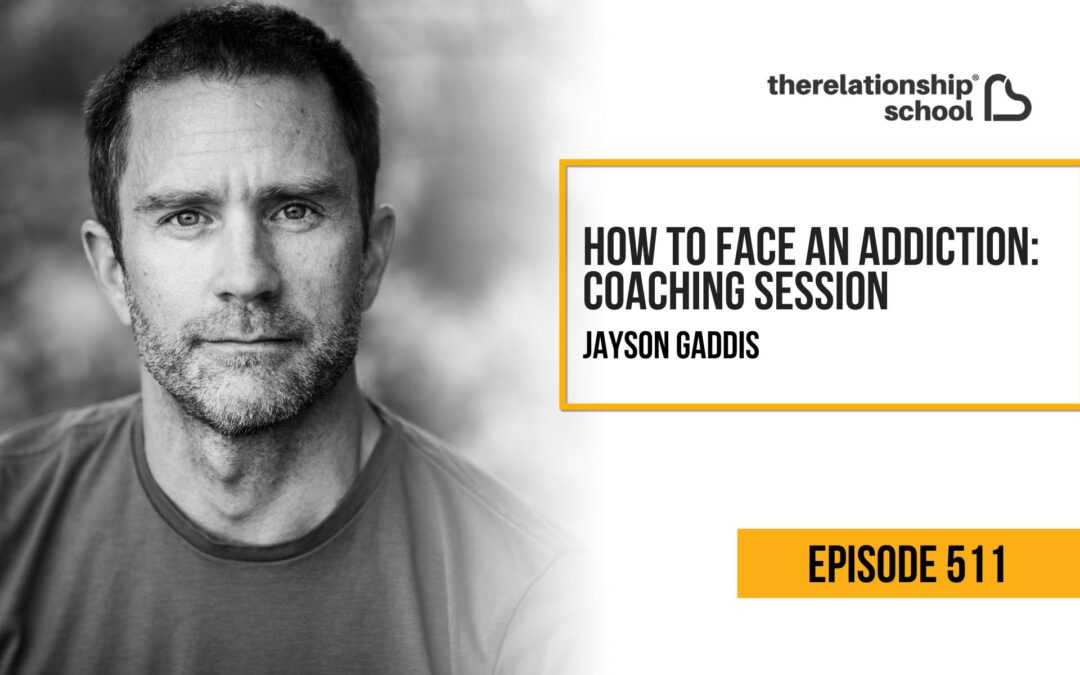
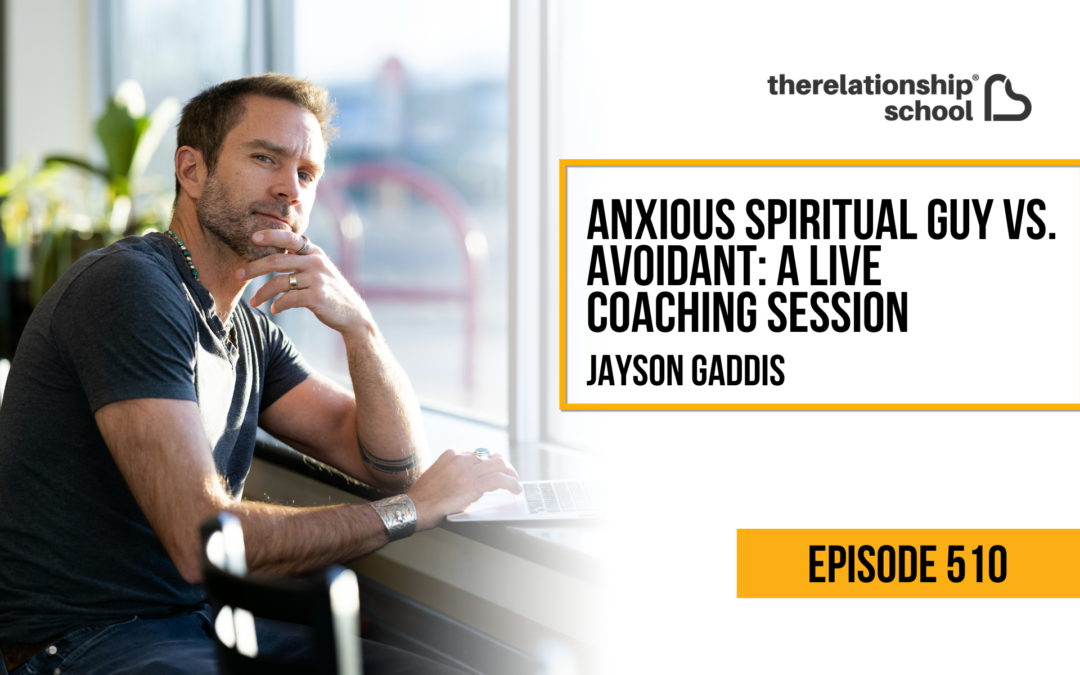
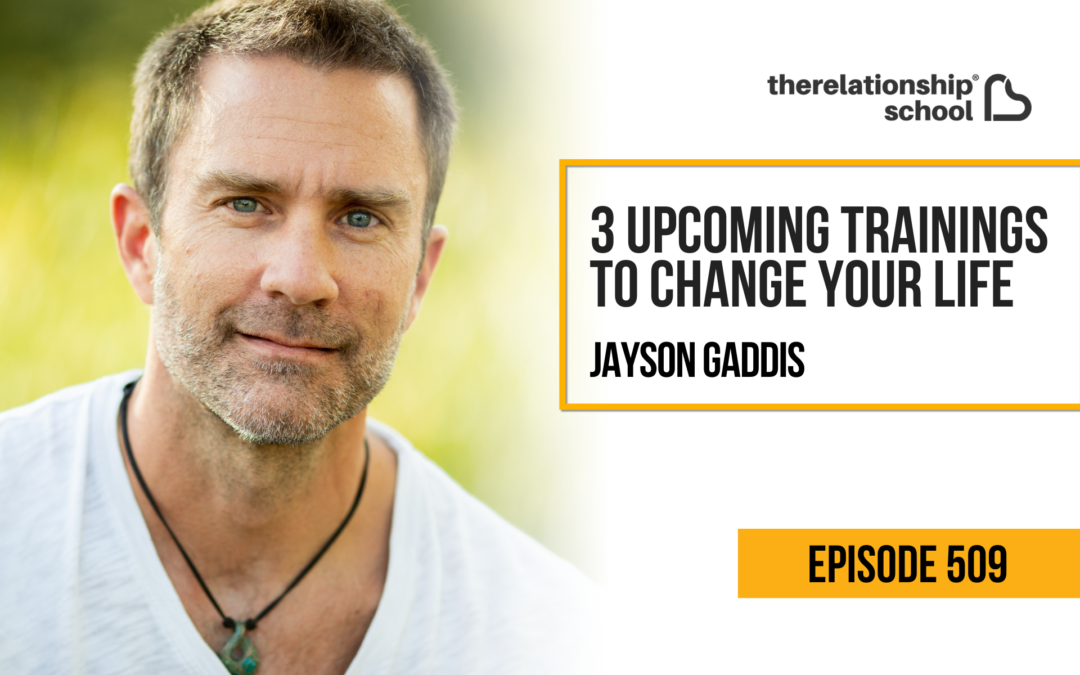








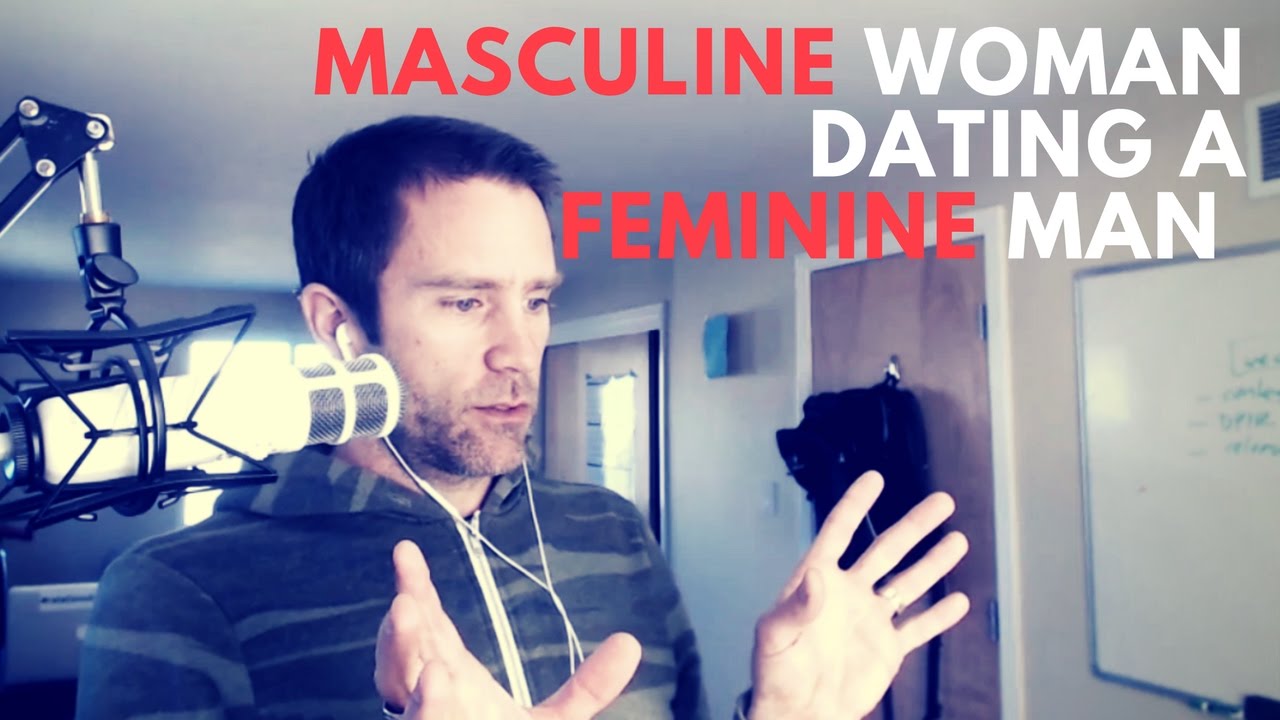


Great interview Jayson. Thanks for consistently delivering such quality content.
sure thing Joel
Jayson, this interview was wonderfully chock-full. There were so many take-aways for me and has opened a new door for me. Thank you.
awesome
Incredibly insightful and helpful interview Jayson. Learning from the best in healing relational and nervous system challenges via somatic experiencing. Thanks so much for this important information that will benefit so many.
thanks for the comment INgrid!